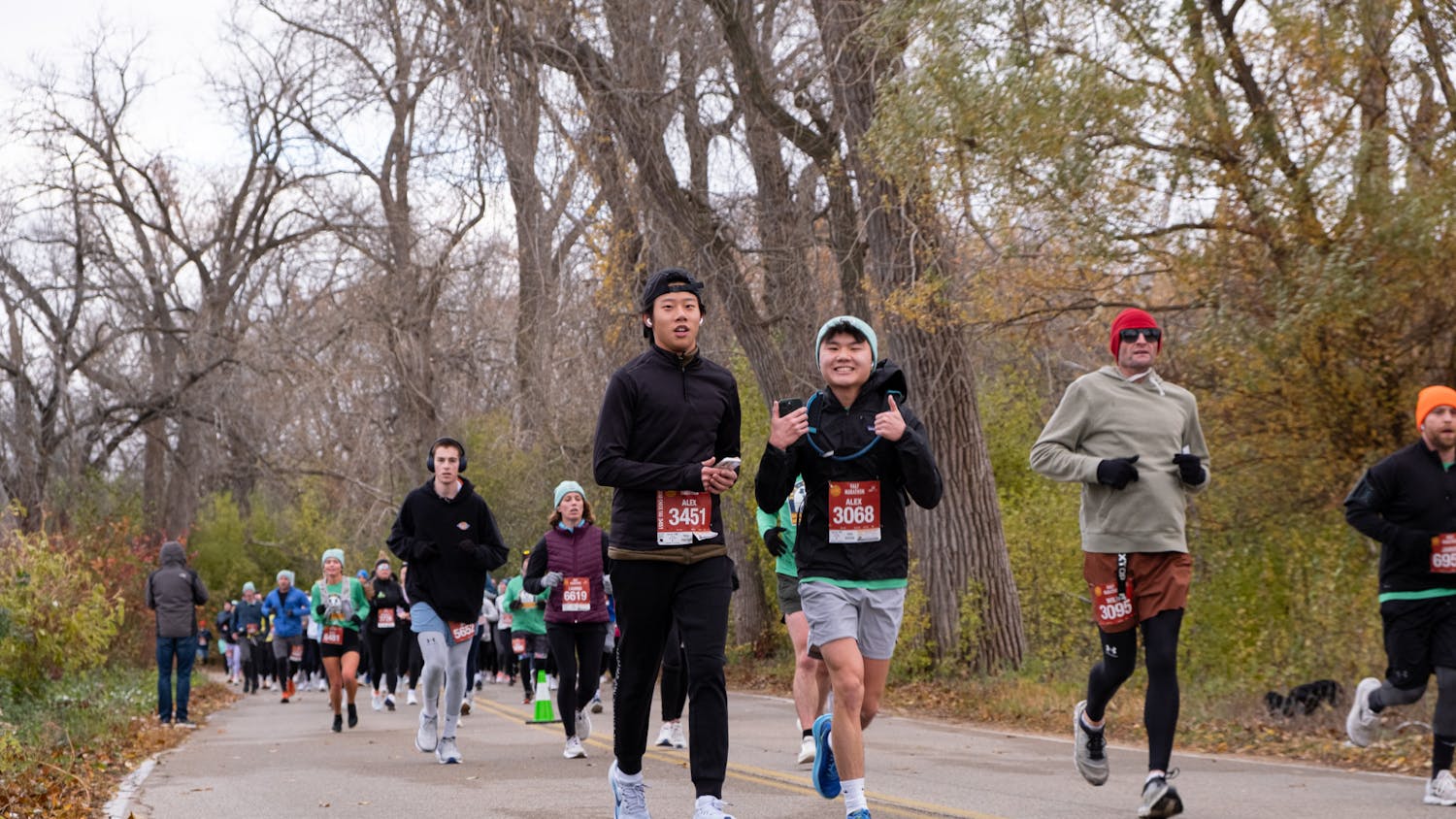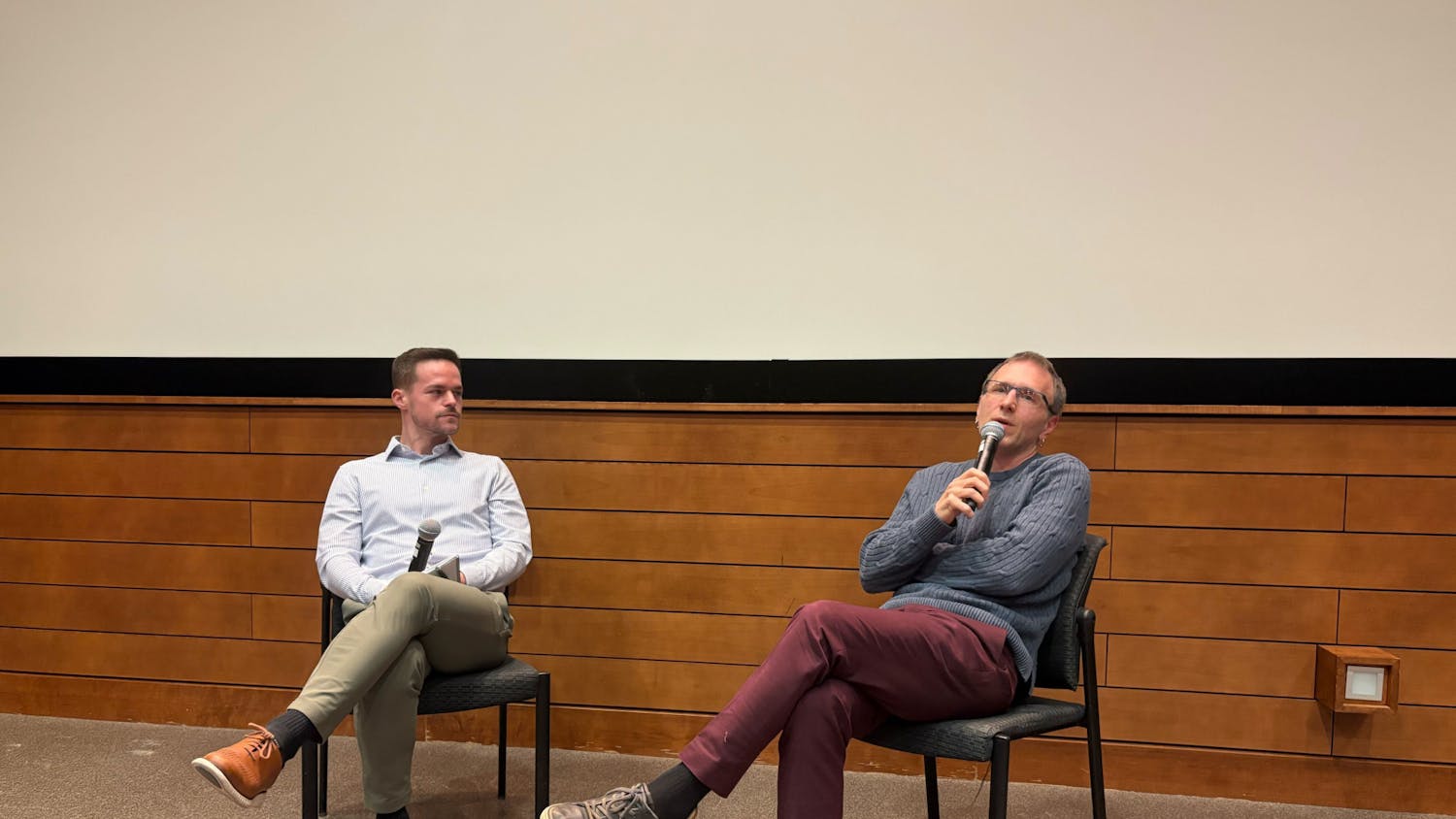For UW-Madison students, alcohol use is rampant, whether consumed at a frat party, house party or Badger game. But, in a top party school climate, what happens when underage students throw caution to the wind, drink and subsequently get caught?
According to Officers Andy Nielson and Mark Silbernagel of the UW-Madison Campus Police, the first offense for underage drinking warrants a $248 fine. Students then have the option to appear in court and contest their citation or simply pay the fine.
The second offense not only comes with an increased fine, but can also result in the loss of the offender's driver's license for up to six months. Additionally, the student must appear in Madison Municipal Court, where they will be assigned to either an alcohol education program or Alcohol and Other Drug Abuse assessment.
Alcohol Smart has become a popular option for students looking to fulfill their court-ordered class requirement. The class educates students on how to drink responsibly and not to brand people as alcoholics. Statistically, only one person in the 20-member course will become dependant on alcohol, according to Alcohol Smart literature.
\What frustrated me,"" said Janet Duberry, the coordinator and developer of Alcohol Smart, ""was when I looked around a few years ago and saw [in every program] you had to decide if you were an alcoholic or not, and that was the basis of education. They'd show drunk driving films and have you decide if you were an alcoholic and send you on your way.""
The class, taught through lectures, videos and discussions in a pair of three-and-a-half hour sessions held on successive Friday afternoons, has a $90 fee.
The first week teaches students the physiology of drinking, answering questions such as: How much is one standard drink; how do I calculate my blood alcohol concentration; and what is my ideal BAC?
During the interim week, students are asked to observe the drinking habits of a friend, calculate how many standard drinks they consume and how high their BAC rises.
In the second session, students are taught about the psychology of drinking-what happens to their brains after each successive drink, and how people operate without basic problem solving skills. This part of the class also addresses how to determine whether someone has a problem with alcohol, and what needs to be done in that situation.
""This isn't just about negative stuff,"" said Michael Florek, an Alcohol Smart instructor. He hopes the course helps students avoid problems with law enforcement in the future. ""It stands to reason that people who drink more often and larger amounts will come to the attention of the people who give tickets.""
Responsibility may be the key factor in avoiding citations for underage drinking. ""In general, the people that we're focusing on are the ones that are being disruptive,"" Silbernagel said. ""It's usually something else that draws our attention to them, some other negative behavior where alcohol is the root cause.""





